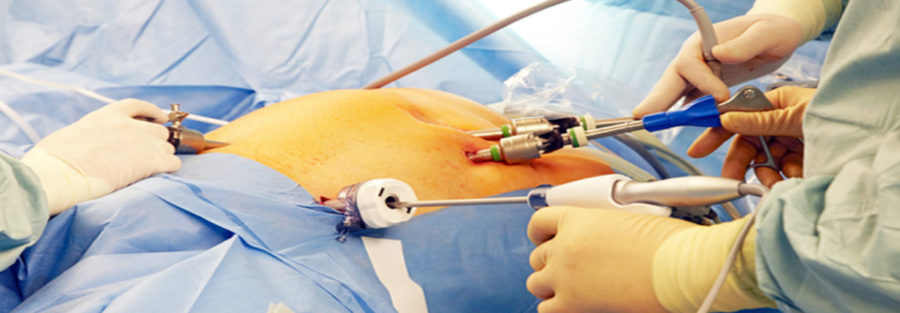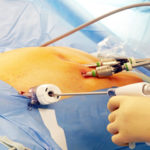Laparoscopic bariatric surgery is performed using a small camera or laparoscope. Laparoscopic bariatric surgery is a minimally invasive surgical technique that involves removing or limiting a section of the stomach and rearranging it
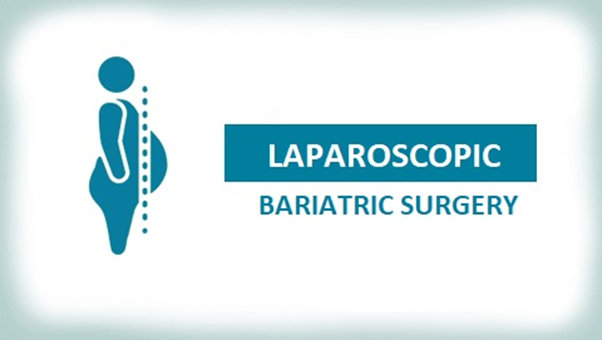
Nowadays, many people in Tirunelveli are opting for bariatric surgery as a solution for weight loss. Do you want to opt for bariatric surgery in Tirunelveli as well? But you are concerned about the pain and healing time. Do not worry; visit the best bariatric surgeon in Tirunelveli to carry out the surgery with minimal invasion using a laparoscope. So, let us get into more detail about laparoscopic bariatric surgery.
What is laparoscopic bariatric surgery?
All forms of weight-loss surgeries are referred to as “bariatric surgery.” People who are obese and cannot lose weight by non-surgical means should consider these procedures. Laparoscopic bariatric surgery is performed using a small camera or laparoscope. Laparoscopic bariatric surgery is a minimally invasive surgical technique that involves removing or limiting a section of the stomach and rearranging it. It will result in you eating a lower amount of food and extracting nutrients from your stomach, which will help you lose weight. Now let us understand how the surgery is performed.
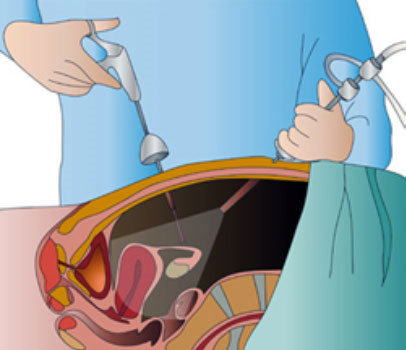
How is laparoscopic bariatric surgery performed?
General anesthesia is used for laparoscopic bariatric surgery. It means that you will not be unconscious during the surgery. We have mentioned below how the surgery is carried out.
- A laparoscope is a tube-like device with a camera attached. The laparoscope is inserted into your abdomen using small incisions.
- The laparoscope’s tiny camera on the tip allows the surgeon to see and work inside the abdomen without the need for large incisions.
The surgery usually takes several hours. You’ll be in a recovery room after the surgery, where your doctor will keep an eye on you for any complications. You will need to stay in the hospital for a few days, depending on the condition. Laparoscopic surgery can speed up and shorten the recovery time, but it is not for everyone.
Who is the right candidate for laparoscopic bariatric surgery?
If you plan to have laparoscopic bariatric surgery, make sure that:
- You have a body mass index (BMI) of 40 or higher.
- You have a BMI of 35 to 39.9 and an obesity-related health condition such as type 2 diabetes, cardiovascular disease, sleep disorders, stroke, hypertension, or chronic acid reflux.
- You have a BMI of 30-34 and a life-threatening weight-related issue.
Now that you’ve determined if you’re the right candidate, let’s talk about what to expect after surgery
What to expect after laparoscopic bariatric surgery?
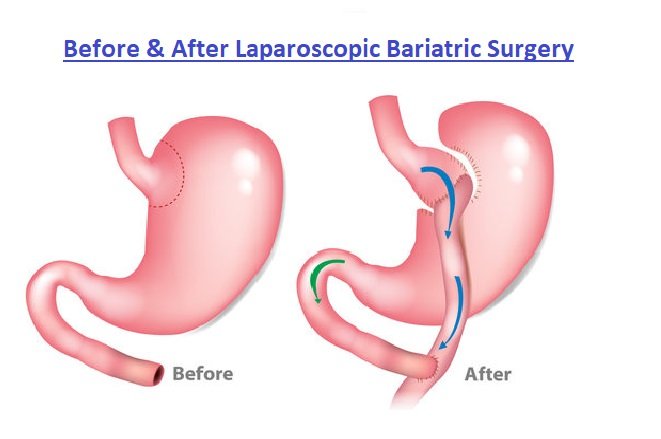
You cannot eat for 2-3 days after laparoscopic bariatric surgery to ensure that your stomach and intestine recover properly. A liquid diet is begun on the third day after surgery, followed by a soft diet in the following days. After surgery, you’ll be on a strict diet for around 12 weeks.
Your diet plan can limit the types of foods and the amount of food or drink you may eat. You’ll need to get regular health check-ups and lab tests to monitor the weight loss. In the first 3-6 months after surgery, some people can experience exhaustion, body aches, hair loss, dry skin, and mood swings. It’s because of the rapid weight loss in the months following surgery.
Benefits of laparoscopic bariatric surgery
Laparoscopic bariatric surgery is not a quick-fix for weight loss. You will only lose weight if you keep track of your diet and exercise regularly.
By making lifestyle changes, you will lose up to half of your extra weight in the first two years after surgery.
In addition to weight loss, laparoscopic bariatric surgery may help with conditions such as:
- Cardiovascular disease
- Type -2 diabetes
- Sleep disorders
- Stroke
- Hypertension
- Chronic acid reflux
When does laparoscopic bariatric surgery does not work?
Bariatric surgery isn’t always as successful as you would expect. You will not lose weight if a weight-loss surgery does not work properly or stops working, and as a result, you might develop severe health issues.
Following weight-loss surgery, you must go to your scheduled follow-up appointments. If you are not losing weight or developing complications, call your bariatric surgeon right away.
Even if the surgery itself is successful, you will not lose enough weight or gain weight after surgery. If you do not make any lifestyle changes, such as getting regular exercise and eating healthy foods, you can gain weight.
![]()

